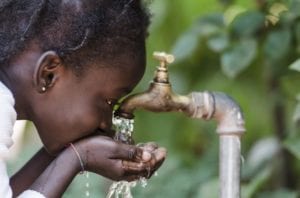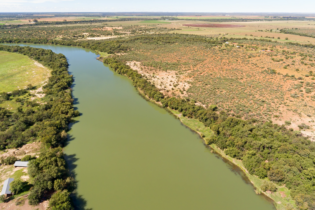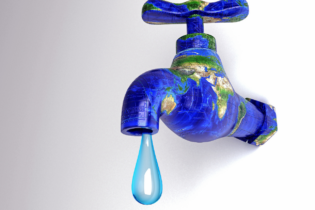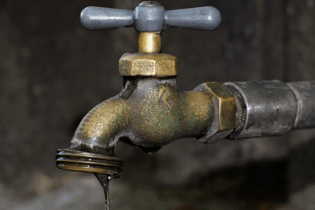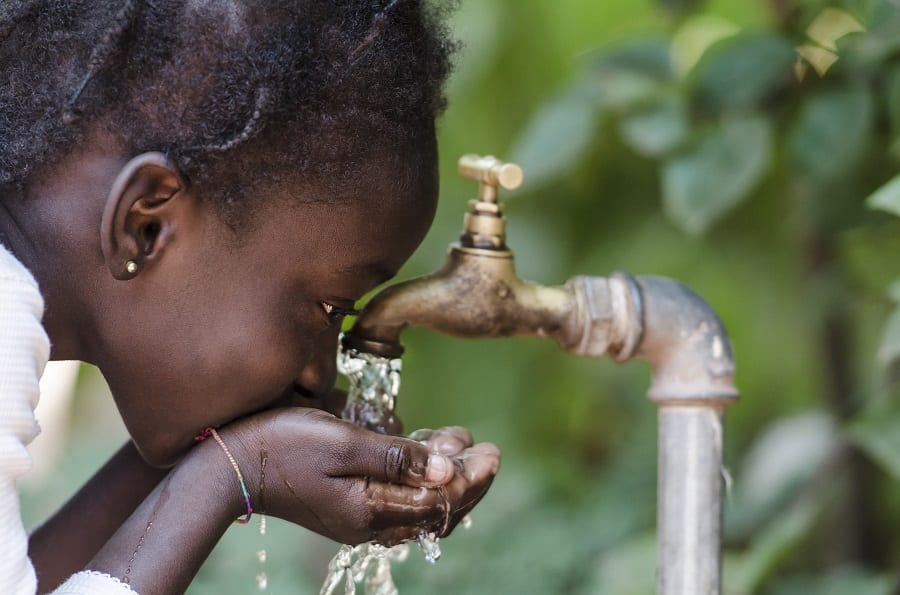 Water security and sustainability took centre stage at the recent launch of the National Water and Sanitation Master Plan Dialogue.
Water security and sustainability took centre stage at the recent launch of the National Water and Sanitation Master Plan Dialogue.
The plan will be launched by the department of water and sanitation (DWS) in collaboration with the Netherlands.
Speaking at the dialogue, deputy-general Dan Mashitisho said there were inherent challenges in the supply of water and sanitation across the country. He said sustainability was something that needed to be addressed, and asked: “to which extent can we, or can we not be able to deliver?”
He said these questions needed to be answered through proper planning processes which looked at the supply, preservation and management of water.
For many South Africans living in rural areas, proper water and sanitation infrastructure remains a luxury that they still do not have access to. He said these people were the “unserved”, who in some instances have to share water with animals and use the bush and other undignified means for ablution.
“DWS officials need to understand their critical inputs in order to impact positively on all those requiring services and with unsatisfied needs,” he said. “In the delivery of those services, there also needs to be consideration towards affordability, looking at who pays for what, whilst accommodating the indigent.”
Master Plan
The department’s deputy minister Pamela Tshwete said the Master Plan will be about re-engineering the manner in which the water and sanitation business in South Africa is coordinated and guided.
“Working with all water sector partners we want to see a high level actionable plan, role-players, milestones and resources required towards achieving the 2030 Sustainable Development Goals,” she said. She assured present stakeholders that the beginning of the Master Plan would be “a strong partnership”.
“It is about mobilising the entire water family to take the lead in their own spaces by selling this concept, collating relevant data on what needs to be done, and providing technical expertise into the task teams for strategic contributions,” she said.
Mashitisho said issues of governance and standards should also be addressed in the Master Plan, and added that the dialogue should be used to help them manage water resources, systems, and the implementation of policies.
Tshwete said it was important that a clear road map of all the necessary key programmes, projects and actions were implemented. “We need to identify and define the essential enablers such as financing and institutional models, as well as its roll-out and monitoring plans,” she said. “The Master Plan will rely on the existing and new projects for implementation, and where necessary additional projects to fill the gaps in water and sanitation service delivery.”
Deputy ambassador of the Netherlands, Jan Huesken, said global challenges of population growth and climate change needed answers, and added that funding was never sufficient.
“It cannot only be about the role of government, all affected and interested parties must have clear mandates, with clear communication channels between partners,” he said. “All partners must be kept informed and be active.”
The DWS said the next step will be to take the Master Plan into South Africa’s provinces and to inform South Africans that there is work being done to improve the effectiveness and efficiency in the delivery of water and sanitation.
 Water security and sustainability took centre stage at the recent launch of the National Water and Sanitation Master Plan Dialogue.
The plan will be launched by the department of water and sanitation (DWS) in collaboration with the Netherlands.
Speaking at the dialogue, deputy-general Dan Mashitisho said there were inherent challenges in the supply of water and sanitation across the country. He said sustainability was something that needed to be addressed, and asked: “to which extent can we, or can we not be able to deliver?”
He said these questions needed to be answered through proper planning processes which looked at the supply, preservation and management of water.
For many South Africans living in rural areas, proper water and sanitation infrastructure remains a luxury that they still do not have access to. He said these people were the “unserved”, who in some instances have to share water with animals and use the bush and other undignified means for ablution.
“DWS officials need to understand their critical inputs in order to impact positively on all those requiring services and with unsatisfied needs,” he said. “In the delivery of those services, there also needs to be consideration towards affordability, looking at who pays for what, whilst accommodating the indigent.”
Water security and sustainability took centre stage at the recent launch of the National Water and Sanitation Master Plan Dialogue.
The plan will be launched by the department of water and sanitation (DWS) in collaboration with the Netherlands.
Speaking at the dialogue, deputy-general Dan Mashitisho said there were inherent challenges in the supply of water and sanitation across the country. He said sustainability was something that needed to be addressed, and asked: “to which extent can we, or can we not be able to deliver?”
He said these questions needed to be answered through proper planning processes which looked at the supply, preservation and management of water.
For many South Africans living in rural areas, proper water and sanitation infrastructure remains a luxury that they still do not have access to. He said these people were the “unserved”, who in some instances have to share water with animals and use the bush and other undignified means for ablution.
“DWS officials need to understand their critical inputs in order to impact positively on all those requiring services and with unsatisfied needs,” he said. “In the delivery of those services, there also needs to be consideration towards affordability, looking at who pays for what, whilst accommodating the indigent.”

